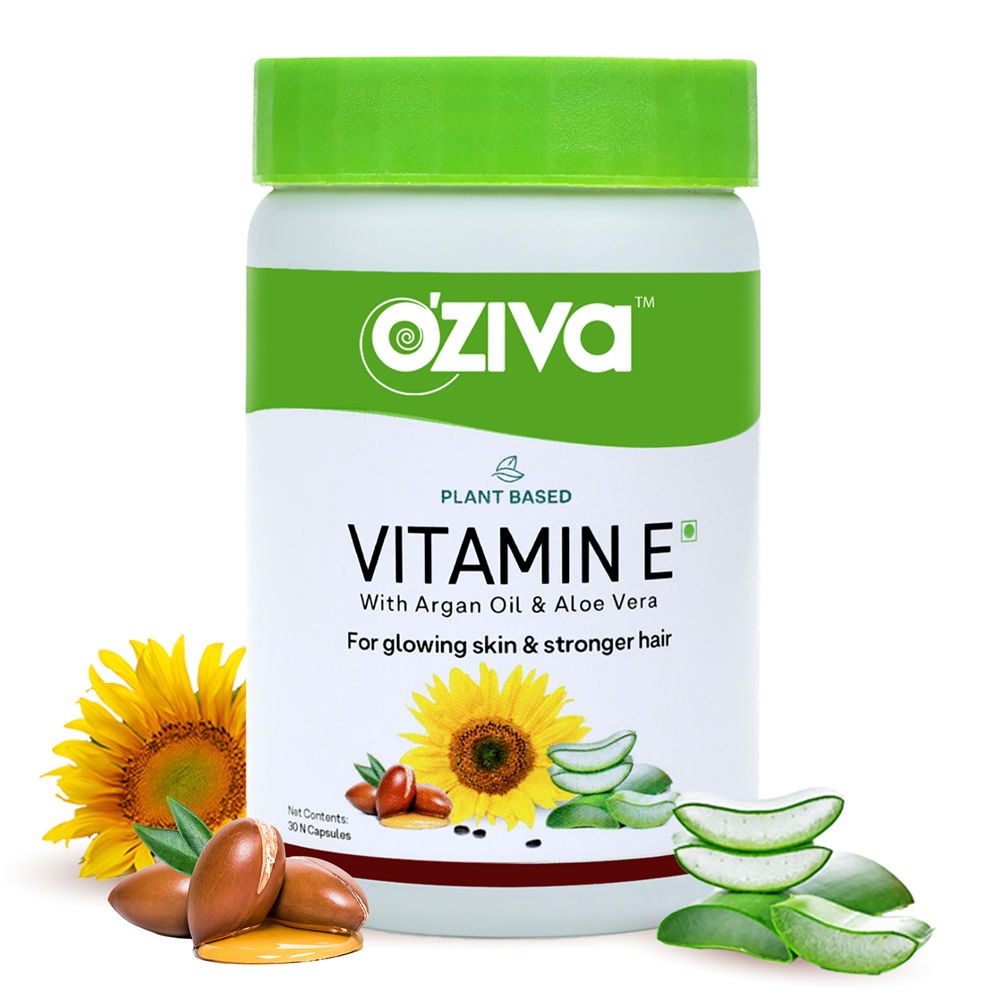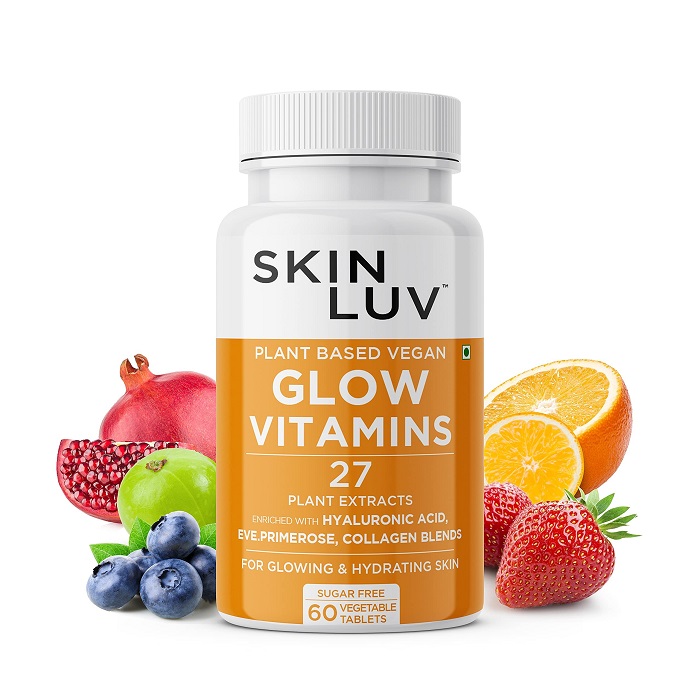
The Role of Vitamins in Skin Health
Vitamins play a crucial role in maintaining skin health. They help skin cells renew and repair themselves. Without the right vitamins, skin can become dull, age faster, and lose elasticity. Vitamins are vital in shielding skin from environmental stressors such as UV rays and pollution. They aid in collagen production, which keeps skin firm. Adequate vitamin intake, therefore, is key for a radiant complexion. Vitamins also support the skin’s defense system against pathogens. A lack of vitamins can lead to skin problems like dryness, wrinkles, and acne. For optimal skin health, a diet rich in essential vitamins is necessary. Skin creams with added vitamins can also improve skin’s appearance. In summary, vitamins nourish, protect, and enhance skin, providing a robust foundation for its health and appearance.
Key Vitamins for Skin Care
A healthy complexion requires specific nutrients. Among them, certain vitamins lead the way in skincare. Ingesting these vitamins or applying them topically can significantly improve your skin’s health.
Vitamin A: Benefits and Sources
Vitamin A, essential for skin repair, may reduce wrinkles and acne. Foods rich in Vitamin A include carrots, sweet potatoes, and green leafy vegetables. Retinol, a form of Vitamin A, is also popular in skincare products.
Vitamin C: Antioxidant Powers for Radiant Skin
Vitamin C, known for its antioxidant properties, can brighten skin and diminish signs of aging. Citrus fruits, strawberries, and peppers are excellent natural sources. Many serums and creams also contain Vitamin C for topical use.
Vitamin E: Protection from Environmental Damage
Vitamin E helps protect skin from pollution and UV damage, keeping it hydrated. Nuts, seeds, and spinach offer high levels of Vitamin E. Skincare products enrich with Vitamin E to strengthen skin’s defense.
Vitamin D: The Sun Vitamin for Skin Repair
Known as the ‘sun vitamin’, Vitamin D aids in skin repair. Moderate sun exposure and foods like salmon and eggs help maintain Vitamin D levels. Some skincare formulas also include Vitamin D for added benefits.
Vitamin K: Importance in Healing and Tone
Vitamin K plays a role in healing skin and improving tone. It is found in kale, meat, and dairy. Certain creams designed to reduce dark circles and scars are fortified with Vitamin K.
Incorporating these key vitamins into your skincare routine promises a more radiant, healthy complexion.
New Developments in Skin Vitamins for 2025

Skin care evolves with science and trends. 2025 brings fresh insights into ‘vitamins for skin’. New research highlights innovative vitamins and compounds for skin health. These advances aim to better protect, repair, and enhance skin quality. Scientists now understand skin’s needs better. They are discovering how different vitamins interact at the cellular level. This knowledge leads to more effective skin treatments.
Breakthroughs in Vitamin Delivery Systems
Recent developments offer improved vitamin delivery to the skin. These systems allow for deeper penetration and longer-lasting effects. Microencapsulation is one such method making waves. It wraps vitamins in a protective layer. This ensures they reach deeper skin layers without degrading. Nanotechnology is another cutting edge technique. It makes vitamin particles smaller for better absorption. These advancements mean stronger results from topical applications.
Synthetic Vitamins vs. Natural Sources
There is a shift towards synthetic vitamins in skincare. These are more stable and have a longer shelf life. They also allow for precise dosing in skin care formulations. However, there is still a strong demand for natural sources of vitamins. Many consumers prefer products with organic or plant-based ingredients. The debate continues on which form is more beneficial for skin health.
Customized Vitamin Complexes
Personalization in skincare is becoming essential. Custom vitamin complexes are now on the rise. They cater to individual skin types and concerns. AI and machine learning are helping to create these tailored solutions. Users can get personalized vitamin regimens. This ensures their skin gets exactly what it needs to thrive.
The landscape of ‘vitamins for skin’ is constantly growing. Keep an eye out for these developments to maintain a healthy, glowing complexion.
Topical vs. Oral Vitamins: What’s Best for Your Skin?
Taking care of your skin with vitamins can be done in two ways: through topical applications or oral supplements. Choosing the right approach can make a big difference in your skin’s health. Let’s explore the benefits of both methods to help you decide which might be best for you.
Benefits of Topical Vitamins for Skin
Topical vitamins work directly on the skin. They target specific areas and issues. Topical applications, like serums and creams, allow vitamins to penetrate the skin’s surface. This can lead to immediate effects on complexion and texture. For example, vitamin C can brighten the skin when applied topically. This is because it’s going directly to the skin it’s meant to improve.
Advantages of Oral Vitamins
Oral vitamins benefit the whole body, including the skin. They enter the bloodstream and reach the skin from within. A balanced diet rich in vitamins or dietary supplements can boost skin health over time. When you take vitamin D orally, it helps not only your skin but also your bone health. Oral intake ensures that all cells, including skin cells, get the nutrition they need.
Comparing Absorption and Efficiency
The skin may not absorb all of the vitamins in topical products. Oral vitamins often have better absorption rates. However, they may not be as targeted as topical treatments. Topical vitamins can provide quick results in specific areas. Oral vitamins support overall skin condition and take longer to show effects.
Consider Personal Needs and Preferences
Some people may prefer the ease of taking a pill daily. Others like the ritual of applying topical treatments. Personal skin concerns also play a role. If your skin needs a rapid fix for issues like dryness or wrinkles, topical might be best. If your goal is overall wellness for your skin, an oral approach may be more suitable.
In summary, both topical and oral vitamins for skin have unique benefits. The best choice depends on individual needs, lifestyle, and skin care goals. You may even find using a combination of both methods works best for you.
Cutting-Edge Vitamin Formulations in Skincare

The skincare industry is always advancing, and 2025 is no different. Innovations in ‘vitamins for skin’ have led to cutting-edge formulations. These new products promise more targeted and efficient results. Here’s what to look out for:
Tailored Serums and Creams
Brands are crafting serums and creams with high-tech vitamin blends. These aim at specific skin issues like aging or acne. They use the latest science to ensure the vitamins work harder and last longer on your skin.
Multi-Vitamin Packs
Multi-vitamin packs for skin, combining various essential nutrients, are becoming popular. They provide a comprehensive approach to skin health. This tackles multiple concerns at once, from hydration to fine lines.
Time-Release Technology
Time-release technologies in skincare are a game changer. They allow vitamins to release slowly over time. This gives your skin a constant supply of nutrients. It leads to longer-lasting benefits throughout the day or night.
High-Potency Options
New high-potency vitamin formulas provide stronger results. They are designed for those who need an intense skin-care boost. These potent products often contain higher concentrations of vitamins like A, C, and E.
The evolution of vitamin-enhanced skincare is exciting. It gives us more ways to keep our skin looking its best. With these advanced formulations, vitamins for skin are more effective than ever. When choosing a product, consider your skin’s unique needs. This will help you get the most from these cutting-edge solutions.
Personalized Vitamin Regimens for Different Skin Types
As the skincare industry evolves, so does the understanding that one size does not fit all. In 2025, personalized vitamin regimens are becoming increasingly popular. By considering each person’s unique skin type and concerns, it is now possible to tailor vitamin intake for optimal skin health outcomes. Here are some insights on crafting a custom vitamin plan:
Identifying Your Skin Type
The first step in creating a personalized vitamin regimen is to identify your skin type. Common types include oily, dry, combination, and sensitive skin. Each has specific needs that certain vitamins can address more effectively.
Targeting Specific Concerns
Whether it’s acne, aging, hyperpigmentation, or other concerns, targeted vitamins can help. For example, Vitamin A may be more beneficial for acne-prone skin, while Vitamin C could be the focus for those aiming for brighter skin.
Consulting with Professionals
Professionals, such as dermatologists or licensed estheticians, can offer guidance. They can test your skin and recommend a precise mix of vitamins for your skin’s needs.
Utilizing Advanced Technology
Technology plays a pivotal role in customizing skincare. With the aid of AI and skin scanning apps, creating a personalized vitamin cocktail has never been simpler. Determine the exact deficiencies and get recommendations in seconds.
Combining Topical and Oral Vitamins
Your skin might need both topical treatments and oral supplements. For instance, applying Vitamin E directly to the skin can boost moisture levels, while taking it orally can support skin health from within.
By focusing on personalized vitamin regimens tailored to individual skin types and issues, the use of ‘vitamins for skin’ reaches a new level of sophistication and effectiveness in 2025. Remember to integrate these vitamins into your daily skincare routine to maintain a radiant and youthful complexion.
The Future of Vitamins in Skincare Technology

The skincare field is rapidly evolving with the help of advanced technologies. As we move further into 2025, ‘vitamins for skin’ are taking center stage in innovative skincare solutions. The future looks bright with high-tech advancements that promise to revolutionize our daily skincare routines.
Personalized Skin Analysis Tools
In the future, we may see more personalized tools for skin analysis. These can suggest the ideal vitamin formulations. Such tools could include smart mirrors or apps. They analyze your skin in real-time and provide feedback.
Bioavailable Vitamin Formulations
Scientists are working on bioavailable formulations. These allow the skin to absorb vitamins more efficiently. This means more benefits with less product.
Genetically Tailored Skincare
There’s potential for genetically tailored skincare. Your genetic profile could guide your vitamin needs. This ensures you use the right vitamins for your skin’s genetic makeup.
Sustainable Vitamin Sources
The push for sustainability is leading to eco-friendly vitamin sources. Brands might use plant-based extracts with a smaller carbon footprint. This is good for the skin and the planet.
Smart Release Systems
We could see smart release systems that dispense vitamins as your skin needs them. This controlled release keeps your skin nourished all day long.
Integration with Wearable Technology
Vitamins for skin may be integrated with wearable technology. Imagine a device that dispenses vitamins to your skin throughout the day. It reacts to skin’s moisture levels or exposure to environmental factors.
The future of ‘vitamins for skin’ in skincare technology is full of possibilities. Keep looking out for these advancements to give your skin the best care possible.
Essential Vitamin Supplements and Diet for Healthy Skin
When trying to maintain or improve skin health, incorporating the right vitamins through supplements and diet is essential. Eating a balanced diet packed with vitamin-rich foods can provide a solid base for skin vitality. For extra support, supplements may fill in any nutritional gaps. Here’s how to blend supplements and diet to nourish your skin:
Choosing the Right Supplements
When selecting vitamin supplements, look for high-quality options that target skin health. You may want to focus on vitamins A, C, E, D, and K, as they have proven benefits for the skin. Vitamins should be taken as directed and not exceed the recommended daily allowance. It’s always best to consult a healthcare provider before starting any supplement regimen. Keep in mind that excessive intake of certain vitamins can be harmful.
Vitamin-Rich Foods to Eat
A diet rich in vitamins can greatly benefit your skin. Some excellent food choices include:
- For Vitamin A: Eggs, dairy, and yellow or orange fruits and vegetables.
- For Vitamin C: Citrus fruits, berries, and greens like broccoli or bell peppers.
- For Vitamin E: Avocado, nuts, and seeds are great choices.
- For Vitamin D: Fatty fish, fortified dairy, and careful sun exposure can help.
- For Vitamin K: Green leafy vegetables, such as spinach and kale, and fermented foods.
Incorporating a mix of these items into your meals covers a wide spectrum of skin-friendly vitamins. Choose fresh, whole foods whenever possible.
Balancing Supplements and Diet
It’s important to strike a balance between supplements and natural food sources. While supplements are beneficial, they shouldn’t replace a healthy diet. Use them as an adjunct to naturally vitamin-rich foods.
Hydration is Key
Beyond vitamins, staying well-hydrated is vital for skin health. Water aids in delivering nutrients to skin cells and flushing out toxins. Aim to drink plenty of water throughout the day.
By combining the right vitamin supplements with a nutritious diet, you set a strong foundation for long-lasting skin health. Make sure to adapt your vitamin intake to your specific skin needs and lifestyle, keeping the path toward a radiant complexion clear and strong.





